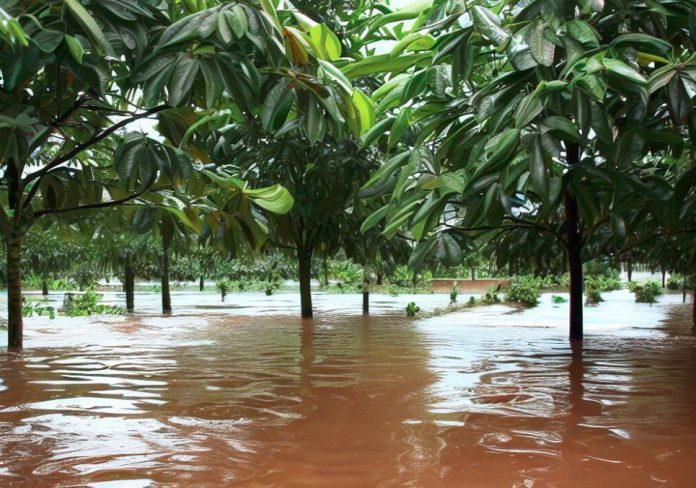News in Brief:
– A new report paints a bleak picture of agricultural conditions across Africa with floods, droughts, and erratic rainfall patterns wreaking havoc on crops.
– These developments are deepening the food crisis in several countries, lowering production and affordability.
A new report from the Joint Research Centre (JRC), the European Commission’s science and knowledge service, has sounded the alarm on the devastating impact of floods and drought on African agriculture. The report highlights the increasing vulnerability of African countries to extreme weather events, which are being exacerbated by climate change.
In East Africa, Sudan has been particularly hard hit by devastating floods. The heavy rains have caused widespread damage to crops, leading to a significant decline in agricultural production. Famine conditions have been declared in parts of the country. Essentially, the situation is expected to worsen if the government fails to take urgent action.
While some parts of East Africa, such as Ethiopia and Kenya, have experienced favorable rainfall conditions, other regions, including South Sudan, have been plagued by both drought and excessive rainfall. This has resulted in a mixed bag of agricultural outcomes across the region.
Furthermore, drought has taken a toll on winter cereal production in western Algeria and Morocco. However, parts of central and eastern Algeria, as well as Tunisia, have received sufficient rainfall to support average crop yields.
Also, West and Central Africa have been grappling with the effects of drought and flooding. Early-season rainfall deficits have hampered crop growth in several countries, while floods have caused extensive damage to cropland in regions such as Niger, Mali, Nigeria, and Chad.
Assessing the impact of floods and drought on Nigeria’s crops
Meantime, Nigeria, a major agricultural producer in Africa, is particularly vulnerable to the impacts of climate change, including floods and droughts. The recent report highlights several ways in which these extreme weather events are affecting the country’s crops:
Flooding in northern Nigeria has caused significant damage to cropland, leading to losses in various crops, including rice, maize, and sorghum. Drought conditions in the southern regions have affected crop growth, particularly for crops like cassava and yam.
Given the specific conditions in different regions of Nigeria, the following crops are particularly at risk:
- Northern Nigeria: Rice, maize, sorghum, and millet
- Southern Nigeria: Cassava, yam, and plantains.
- Coastal Regions: Coconut, palm oil, and mangrove forests.
The report further warns that the combined impacts of climate change and extreme weather events are posing a serious threat to food security in Africa. Unless urgent measures are taken to address these challenges, the continent could face a deepening food crisis in the coming years.



